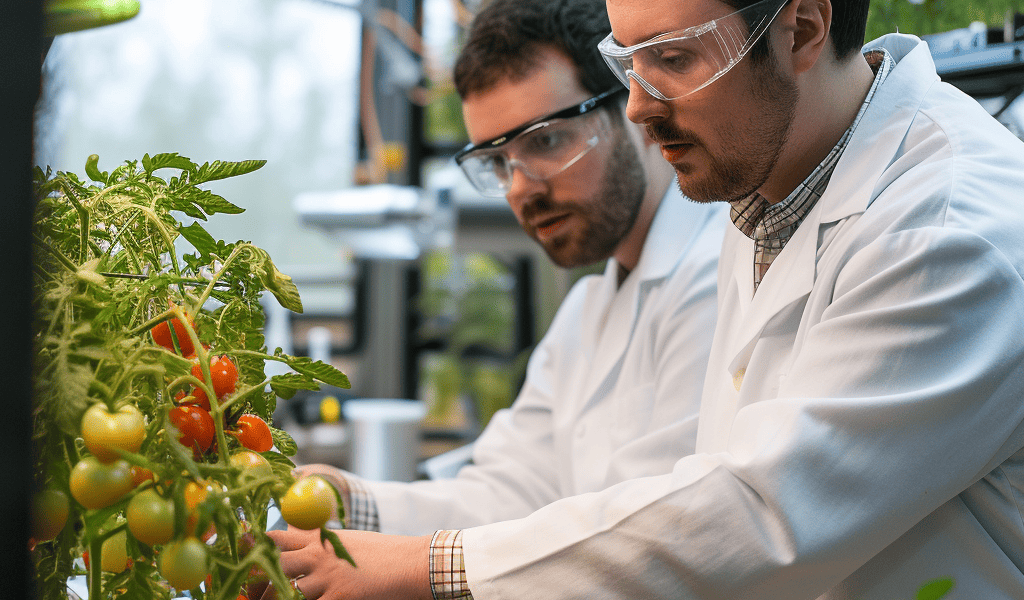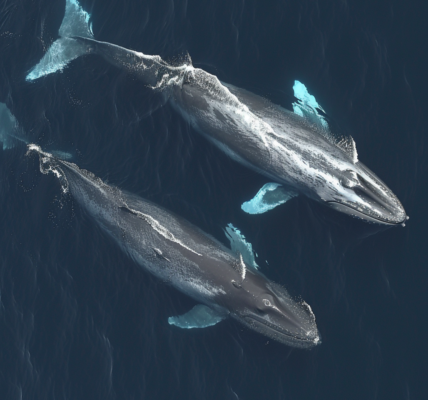A new and exciting project is set to take place on Monday, January 29, as tomatoes are launched into space by a team of researchers from the University of New Mexico (UNM) and the University of Wisconsin-Madison. Led by UNM Biology Professor David Hanson, the project, known as Trichoderma Associated Space Tomato Inoculation Experiment (TASTIE), aims to better understand how plants grow in a microgravity environment and explore ways to help them cope with the stressors of space flight.
The initiative stems from the recognition of the importance of nutrition for astronauts and the psychological benefits of cultivating plants in space. According to Hanson, “Astronauts really like the connection to earth that plants provide. What is exciting is that there is a lot of science needed to learn how to grow plants efficiently and reliably for future space missions.”
Professor Simon Gilroy from the University of Wisconsin-Madison highlighted the complexity of plant growth in a zero-gravity setting, stating, “Plants know up from down, right? They don’t have a brain or anything like that, but shoots grow upwards, and roots grow downwards. They clearly are using directional information.”
One of the key components of the experiment is the inclusion of Trichoderma, a fungus known for its beneficial effects on plant growth in terrestrial environments. The researchers are eager to investigate whether this fungus can enhance the water and CO2 utilization of the tomatoes in space, ultimately contributing to their overall resilience.
UNM’s involvement in the project is significant, as their scientists will be leveraging the capabilities of the UNM Center for Stable Isotopes to measure the properties of the air on the International Space Station and compare them with the plant tissues upon their return to Earth.
This groundbreaking endeavor represents a collaborative effort between two leading institutions and underscores the ongoing pursuit of scientific innovation in the realm of space exploration and sustainable agriculture.





